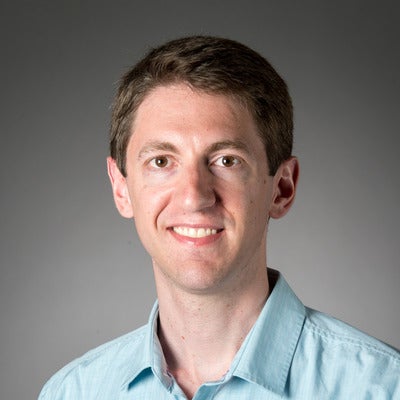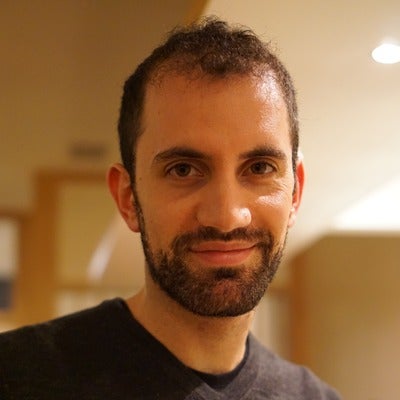Want to find a faculty mentor to do undergraduate research? Please review the following faculty members along with their research interests.
James Alcala
Dr. James Alcala received his PhD in 2024 from UC Riverside with a thesis in optimization. His doctoral work specifically focuses on accelerated algorithms for saddle point (a.k.a. minimax) problems and has applications in wide-ranging subfields of mathematics, engineering, and other sciences – including machine learning. In addition to these research interests, Dr. Alcala is also working on a collaborative project related to neural collapse, an important phenomenon in the study of neural network classification. Finally, Dr. Alcala has also spent some time playing with and poking at large social media datasets using Python to better understand social media group dynamics and prevalence of linguistic practices in these groups. For undergraduate students interested in working with Dr. Alcala, please send him a self-introduction email that includes information about yourself, your completed, current, and planned coursework, your math interests, and your goals.
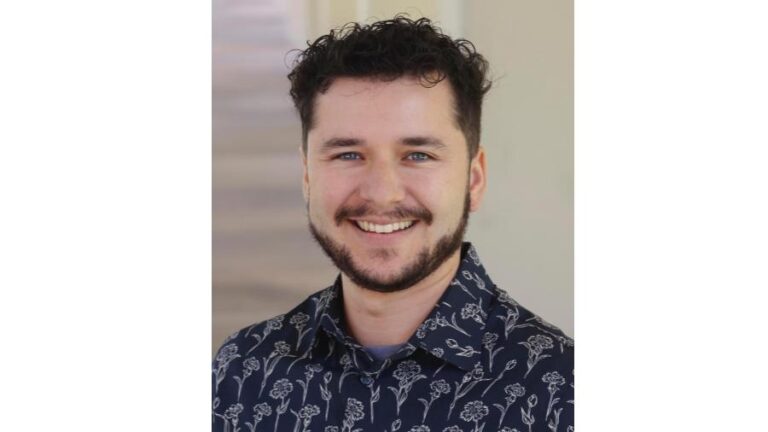
Professor Chaidez got his PhD from UC Berkeley in 2021, then spent a few years at Princeton and the Institute for Advanced Study before arriving at USC. He is a pure mathematician interested in geometry and dynamical systems, specifically the geometry of classical mechanics (e.g. planetary motion or the motion of billiard balls on a table). If you are interested in working with him, please send him an email with a self-introduction, a summary of your coursework and your math interests.
Anne Dranowski
Trained as a geometer, my research interests include algebraic topology and analytic combinatorics. Currently, I am leaning into computational methods, including using machine learning to find patterns in real world as well as artificially generated datasets. If you are curious about working on a hands on maths project, please send me an email summarizing your scientific background and coding experience.
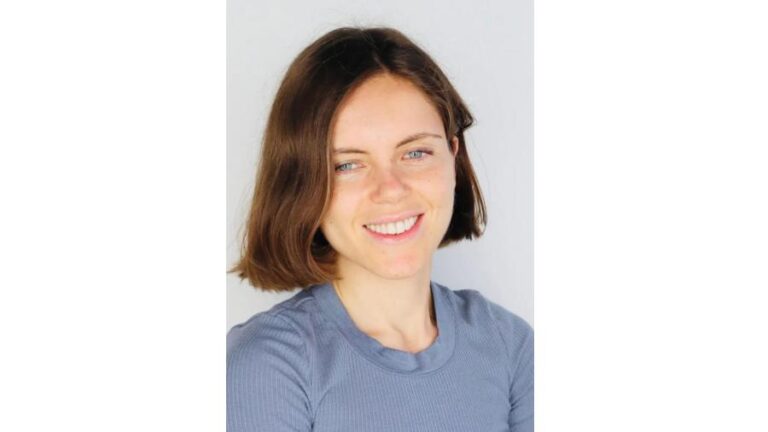
Spencer Gerhardt
My research focuses on algebraic groups, finite groups, and applications of group theory. A common theme involves generation problems for algebraic groups. I am interested in finding precise conditions which determine when a collection of elements (given up to conjugacy) generate a Zariski dense subgroup. Isolating such conditions has surprising applications in probabilistic group theory, and the representation theory of algebraic groups.

Christian Geske
Dr. Christian Geske received his PhD from University of Wisconsin–Madison in 2019. His research interests revolve around algebraic topology and in particular singularity theory. If you are an undergraduate who has already taken an abstract algebra course and a topology course, then you might consider a theoretical mathematics project with Dr. Geske centered on the study of topological singularities. You could explore aspects of the classification of isolated singularities like the study of the Milnor fiber, or perhaps dive into the relationship between singularities and knot theory.
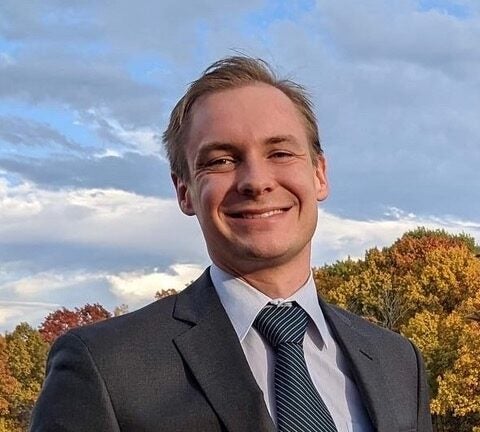
Cymra Haskell
Dr. Cymra Haskell was awarded her PhD in Mathematics from Stanford University in 1992 and completed post-doctoral fellowships at the University of Texas at Austin and the State University of New York at Stony Brook before coming to the University of Southern California (USC) in 1998. Her research is in the area of ergodic theory and applied mathematics. Her primary focus today is on mathematics education and increasing diversity in mathematics.
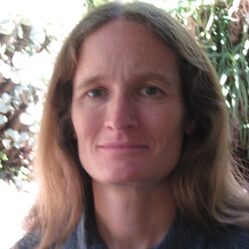
Research interests include but are not limited to: probability, analysis, geometry, theoretical computer science, and statistics. Our research is often motivated by hardness results in computational complexity. These results use probabilistic, analytic and geometric tools, often in high dimensions. Machine learning, reinforcement learning and large language models are current topics of interest.
Alvin Jin
Dr. Jin received his PhD in 2022 from KTH Stockholm. He then spent 2 years at MIT before coming to USC. He is interested in (algebraic) topology, and has interests in both pure and applied topics in mathematics in the areas of topological data analysis, algebraic topology, and symplectic geometry. If you are interested in working with him, please send him an email with a self-introduction, a summary of your coursework and your math interests.
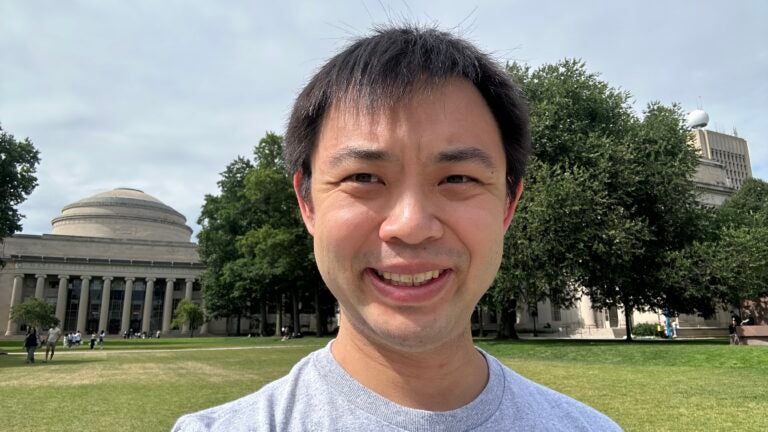
Kyler works primarily in symplectic and complex geometry, which are connected to many other branches of geometry, topology, algebra, and physics (see http://kylersiegel.xyz). In addition to theoretical research, he is also working on some more applied and computational projects which involve techniques from computer optimization, machine learning, and topological data analysis in order to study geometric invariants of concrete spaces and Hamiltonian systems. These projects could be relatively accessible to students with a strong desire to learn about geometry and interest in writing computer code. If you are interested in getting involved please send an email to Kyler introducing yourself and explaining your interests and background.

